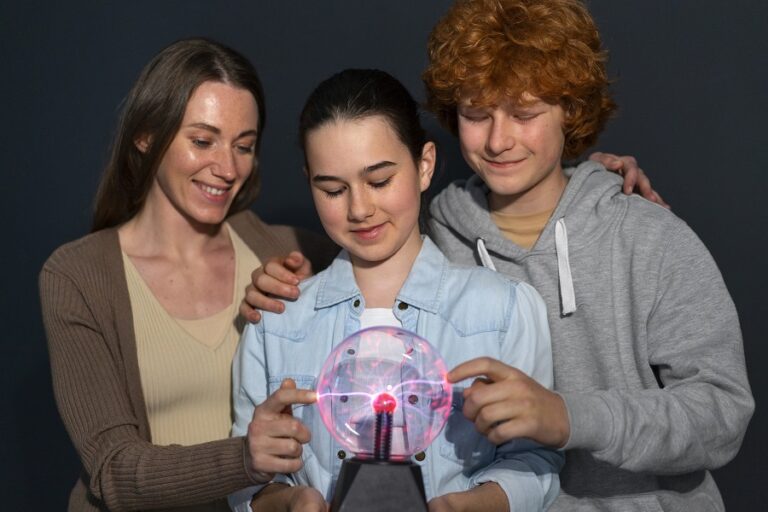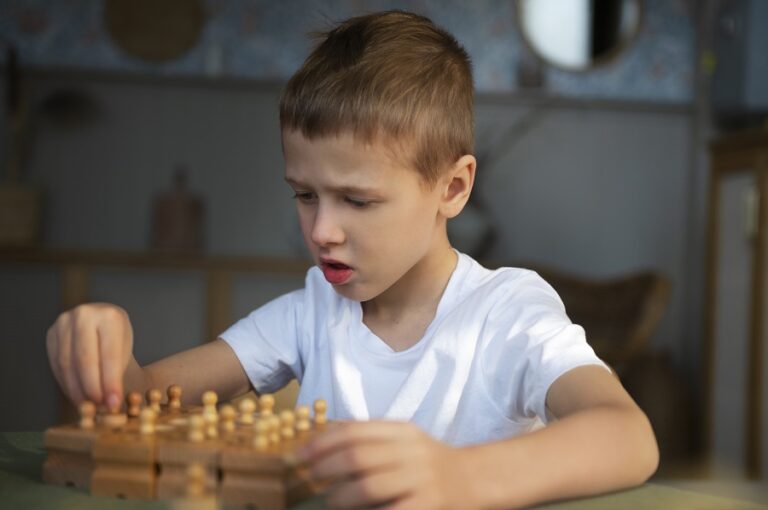Brain Games for Seniors
As we age, our bodies aren’t the only things that need exercise—our brains do too. After the age of 50, many people begin to notice small changes in memory, focus, and problem-solving skills. While this is a natural part of aging, the good news is that you can keep your mind sharp by engaging in brain games that challenge and stimulate your cognitive abilities.
Brain games for seniors are more than just fun activities. They offer a simple and enjoyable way to maintain mental agility, improve memory, and even reduce the risk of cognitive decline. Whether you’re looking to boost your brainpower or simply stay mentally active, there are countless games and apps designed specifically for older adults.
Why Brain Health Matters After 50
As we cross the 50-year mark, it becomes increasingly important to take care of our cognitive health. Studies show that regular mental stimulation can help delay the onset of dementia, enhance memory, and improve everyday functioning. Just like physical exercise helps your muscles stay strong, brain exercises help your mind stay alert and responsive.
Cognitive decline doesn’t happen overnight. It develops slowly, often going unnoticed until it affects daily life. Playing brain games regularly can keep the brain challenged, engaged, and flexible. These activities also help improve mood, reduce stress, and offer a sense of accomplishment.
Benefits of Brain Games for Seniors
Brain games are specially designed to activate different parts of the brain. Here are some proven benefits seniors can enjoy:
- Improved short-term and long-term memory
- Enhanced attention and concentration
- Better problem-solving and reasoning skills
- Stronger language and vocabulary
- Increased mental flexibility and adaptability
- Reduced feelings of loneliness and boredom
These benefits can have a significant impact on a senior’s quality of life, from remembering appointments to learning new skills and staying socially active.
Best Types of Brain Games for Seniors
There are several types of games that cater to different cognitive skills. Here are the most popular and effective ones:
1. Puzzle Games
Puzzles like Sudoku, crosswords, and jigsaw puzzles challenge logic and problem-solving abilities. They are ideal for enhancing concentration and memory. Daily puzzle practice also improves patience and mental stamina.
2. Word and Language Games
Word search games, spelling challenges, and apps like Words With Friends can sharpen vocabulary and verbal reasoning. These games help seniors maintain their communication skills and delay language-related decline.
3. Memory Games
Apps like Lumosity and NeuroNation offer games specifically designed to train memory. These include activities where you recall patterns, match objects, or repeat sequences—all excellent for strengthening recall and focus.
4. Strategy and Logic Games
Chess, Mahjong, and card games like Solitaire or Bridge require planning, decision-making, and foresight. These skills are essential for daily functioning and can be trained through regular gameplay.
5. Math and Number Games
Games that involve simple calculations or number-based logic puzzles improve numerical reasoning and attention to detail. Apps like Elevate offer daily mental math challenges in a fun format.
6. Visual-Spatial Games
Jigsaw puzzles, memory match games, and even simple video games help develop spatial awareness and hand-eye coordination, which is important for maintaining everyday independence.
Top Brain Game Apps for Seniors
Thanks to technology, many brain games are now available in easy-to-use app formats. These are some of the best-rated and senior-friendly brain-training apps:
- Lumosity: Offers a wide range of games for memory, speed, attention, and problem-solving.
- Elevate: Focuses on practical skills like reading comprehension, math, and writing.
- CogniFit: Designed with cognitive health in mind, often used in scientific studies.
- Brainwell: Features fun and scientifically designed games tailored for aging brains.
- Wordscapes: A relaxing and engaging word puzzle game that helps boost vocabulary.
These apps are designed with simple interfaces, clear instructions, and performance tracking, making them perfect for seniors who want to track their progress over time.
Tips for Making Brain Training a Habit
While brain games are effective, consistency is key. Here are a few tips to build a brain-training routine:
- Set aside 15–30 minutes daily for mental exercises
- Choose a mix of games to target different skills
- Play at the same time each day to build a habit
- Invite friends or family to join for social fun
- Avoid overdoing it—mental rest is equally important
Just like physical workouts, mental training should be regular but balanced with rest and other healthy habits.
Combining Brain Games with a Healthy Lifestyle
Brain games work best when combined with a brain-friendly lifestyle. To get the most benefit, pair mental activities with:
- Regular physical exercise
- A balanced, nutrient-rich diet
- Social interaction and communication
- Adequate sleep and stress management
Together, these habits form a strong defense against age-related cognitive decline and support overall well-being.
Final Thoughts
Staying mentally sharp after 50 doesn’t require complex routines or expensive tools. Brain games offer a fun, convenient, and effective way to keep your mind agile, improve your memory, and maintain your cognitive independence. Whether through puzzles, apps, or classic games, these activities can make a real difference in your daily life.
The key is to stay curious, stay challenged, and keep learning. With the right brain-training tools, every day can be an opportunity to strengthen your mind and enjoy the rewards of a sharper, more focused brain at any age.


